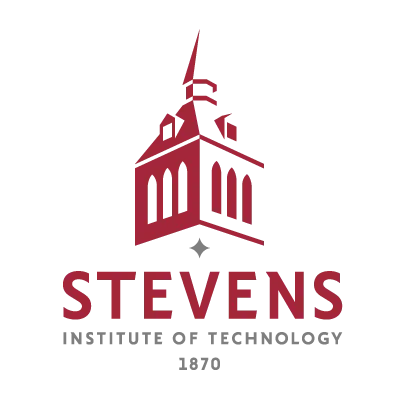What is a Focus Area? How Computer Science Students Customize Their Degree at Stevens

In today’s fast-paced tech world, one-size-fits-all computer science degrees often fall short. The industry is constantly evolving, with new technologies, frameworks and specializations emerging constantly. Employers increasingly seek professionals with deep expertise in specific areas such as artificial intelligence (AI), data science and software development.
What is a Focus Area?
A focus area is a built-in specialization within the MSCS program. Students who choose to specialize can replace select core or advanced courses with targeted coursework in one of three areas:
- AI & Machine Learning
- Business Intelligence & Analytics
- Software Development
Why Focus Areas Matter in a Computer Science Master’s Program
Choosing a focus area in a computer science master’s program involves more than selecting electives. It’s a strategic move that can strengthen your career prospects and increase long-term flexibility.
- Career Relevance: Build in-demand skills aligned with roles such as software engineer, AI specialist and cybersecurity analyst.
- Flexibility: Focus areas can help you pivot into a new specialty or deepen your expertise in your current area.
- Competitive edge: Specialization can help your resume stand out to employers looking for advanced, domain-specific knowledge.
- Bridge to research or further study: A focus area expands your knowledge base and prepares you for PhD programs or academic careers.
Online MSCS students at Stevens can choose from three industry-aligned focus areas:
- AI & Machine Learning: Courses cover core machine learning concepts as well as advanced topics like deep learning and natural language processing.
- Business Intelligence & Analytics: Explore data analytics, big data technologies, and the growing role of augmented and generative AI in decision-making.
- Software Development: Gain expertise in areas such as web programming, enterprise and cloud computing, and mobile systems and applications.
Course offerings and elective availability may vary by semester; some courses have prerequisites. Prospective students are encouraged to contact an enrollment advisor for the most up-to-date information.
Real-World Impact: How Students Can Use Their Focus Area
Stevens’ online MSCS focus areas are designed to meet industry demand, preparing students for high-impact roles across the tech sector and beyond. The program builds skills in computer science, Python, Amazon Web Services (AWS), automation and software engineering, opening doors to careers at leading companies such as Google, Meta, Bank of America and JPMorgan Chase.
Potential job roles for MSCS graduates include:
- Database architect
- Software developer
- Mobile developer
- Information security analyst
How to Choose a Focus Area That’s Right for You
Choosing a focus area won’t limit your career options. The skills gained through each specialization are highly transferable, and all students complete the core MSCS curriculum, which builds broad, in-depth knowledge across key computer science topics.
To select the right focus area, consider your career goals and the specific skills you need to reach them. Stevens enrollment advisors are available to provide detailed program information and personalized guidance based on your background and aspirations.
Focus areas offer a powerful way to tailor your MSCS degree to your professional objectives. To learn more about customizing your path through Stevens’ online MSCS program, contact an enrollment advisor.

